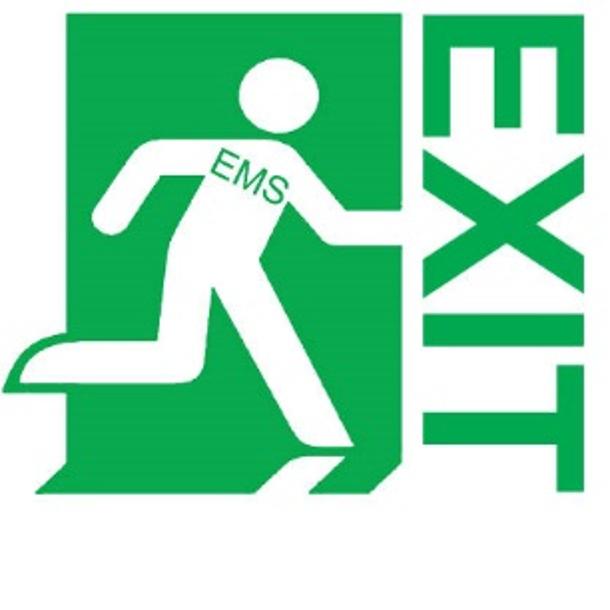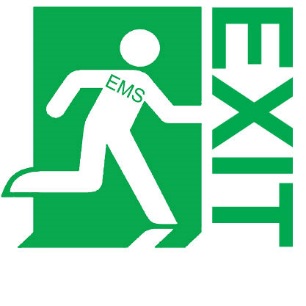
Independence, MO — It’s clearly a problem when 20 percent of a company’s workforce vanishes within 16 months, especially when that company is a local unit of the nation’s largest private provider of emergency services. Professionals at the Independence/ S. Platte County operations of American Medical Response (AMR) are leaving at an alarming rate of twice the national average for paid EMS providers, and AFSCME members there want to shine some light on the problem.
EMT Robert Mills, a member of EMS Workers United-AFSCME Local 1812, has worked at AMR for 14 years and has observed a constant influx of new employees. Some stay, many leave. He is concerned that the high turnover could have a negative effect on emergency care in his city.
“Keeping an experienced workforce can help ensure crews respond faster, and assess and treat patients more efficiently,” said Mills. “Independence residents would be better off if AMR wasn’t having to constantly train new staff.”
So how can AMR reduce turnover? They can start by listening. Mills and his fellow union members presented AMR with reforms that would help improve retention and patient care by preventing exhaustion.
“We see a lot of burnout, but now that we’re united as EMTs, paramedics, and dispatchers, we can guide the company forward,” said Mills. “It’s not uncommon for a crew to run call after call without a break and then be held over their shift because there aren’t enough of us in the field. Many have to go straight from that to another job. We want AMR to improve their model and do what’s good for workers and patients.”
The dangers of fatigue in EMS are obvious. Earlier this year, an investigation by Good Morning America highlighted ambulance accidents across the country linked to fatigue and the lack of federal oversight to address it. Truck drivers, pilots, and railroad conductors all have federally mandated work hour limitations, but not EMS personnel, according to a 2013 National EMS Advisory Council report on Fatigue in EMS.
Joey Ford, president of EMS Workers United-AFSCME Local 1812, noted that when he worked as a truck driver hauling dirt and rock, before becoming a paramedic, “there were more regulations to keep me and the public safe. We have to do better in EMS, and as the largest provider, AMR should be leading the way.”
AMR now has an opportunity to do the right thing when they return to negotiations on Nov. 9.
